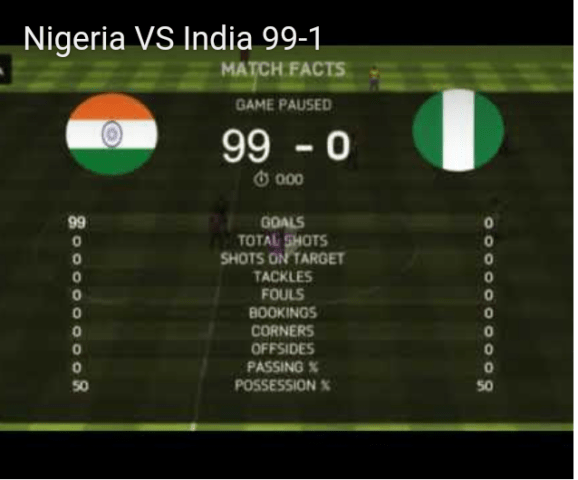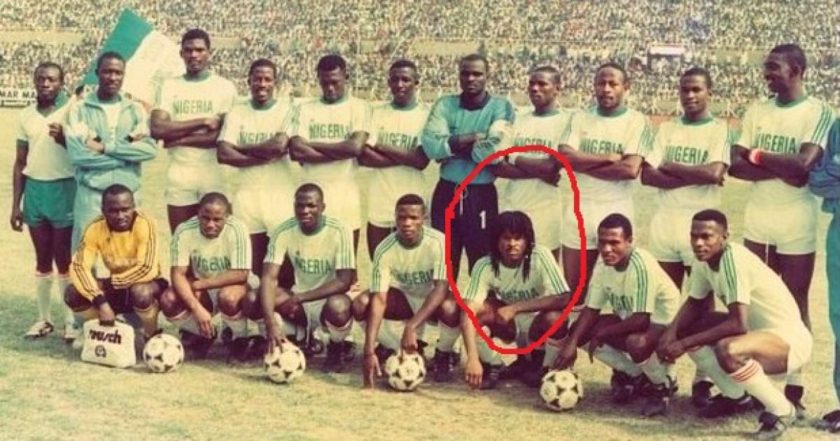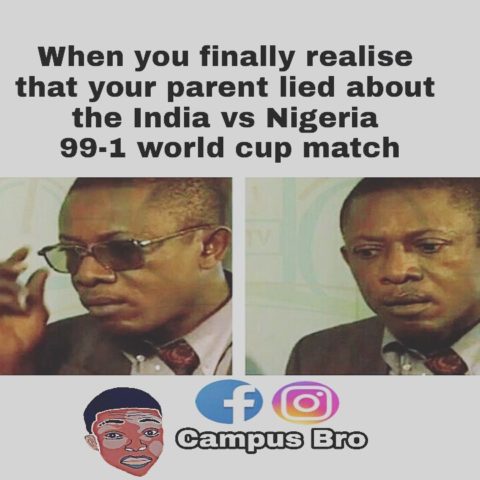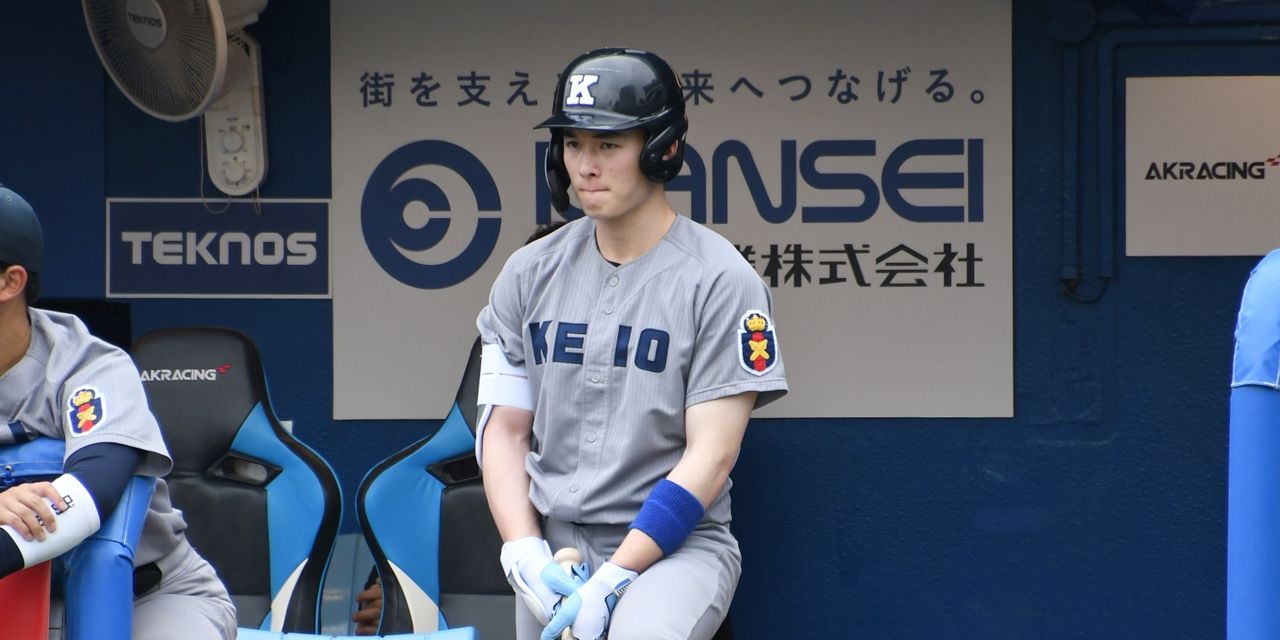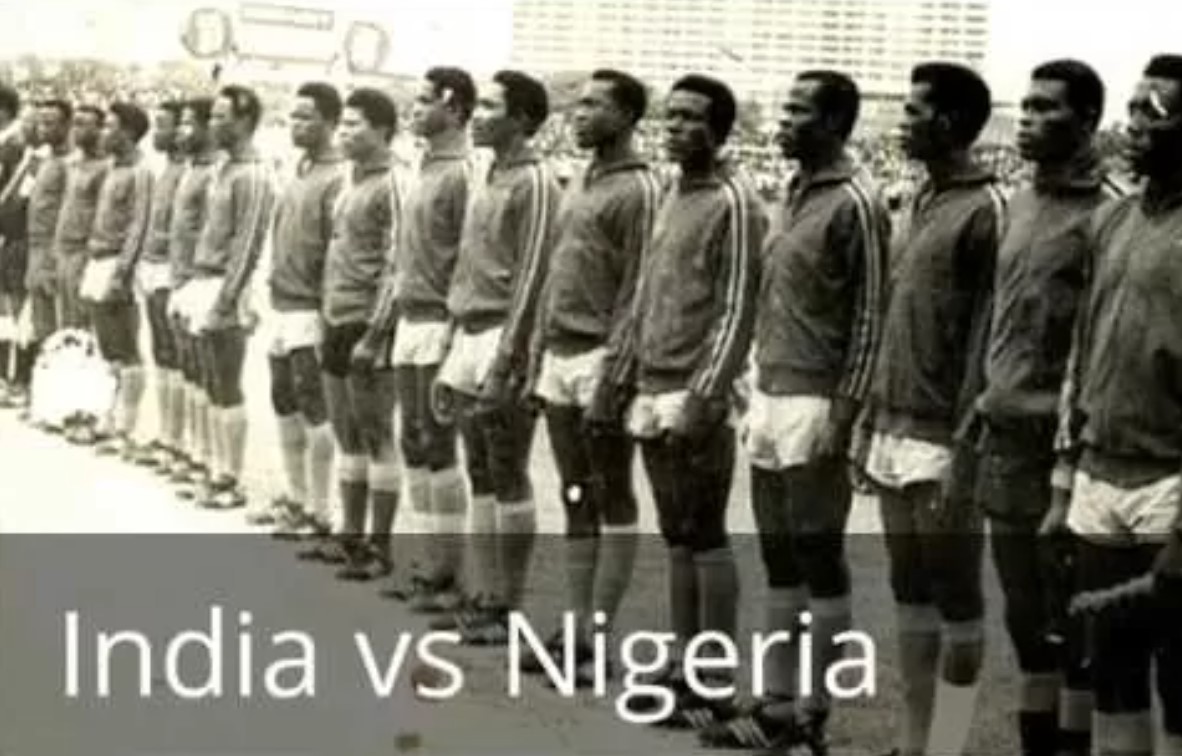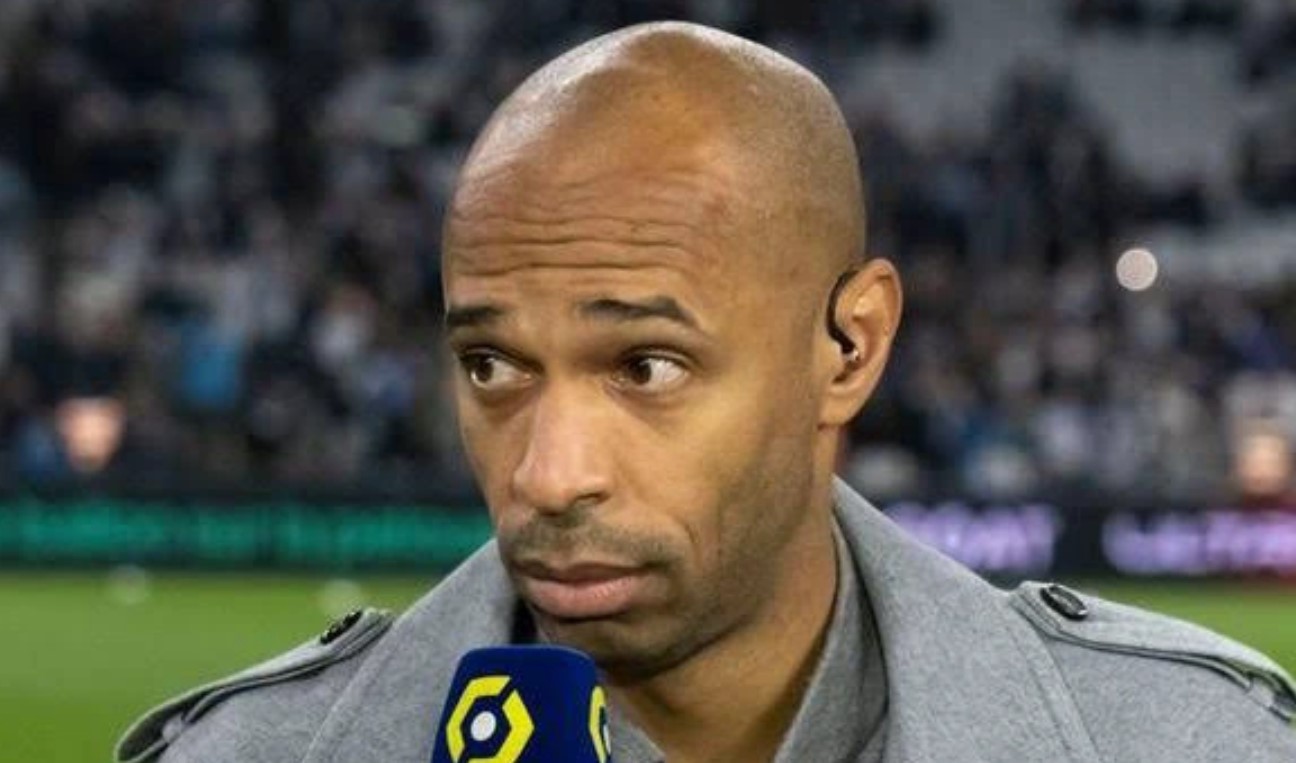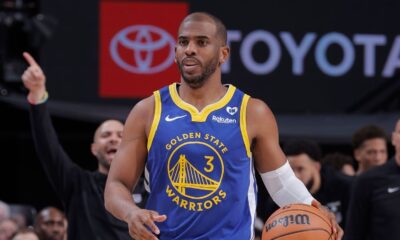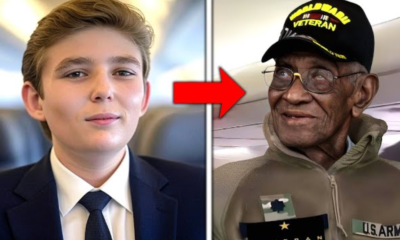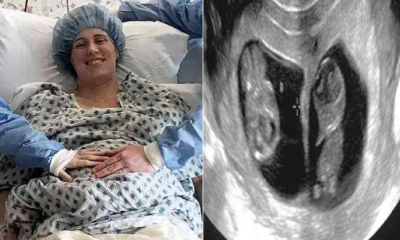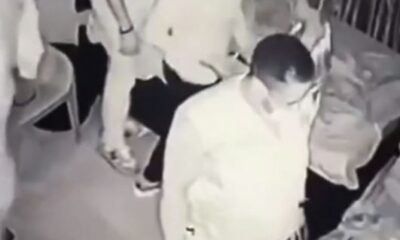Special feature: Because of that summer 2024 ~ Memories of Koshien
Shinichi Uehara
2024/08/06
(Final update: 2024/08/06)
Keio University’s Maruta Minato stands by on the first base bench (photo by Inoue Shota)
Minato Maruta (1st year, Keio) of Keio University contributed to the team’s victory in the 105th National High School Baseball Championship last summer as the leadoff hitter with his speed and skill. He felt that people were starting to pay more attention to him around the time they beat Koryo High School, which was considered one of the favorites to win, in the third round.
[Click here for the first part]Keio University’s Minato Maruta (above) – His last summer in which he became a “different” batter after changing his mindset with the advice of coach Takahiko Moribayashi
I want to get rid of the fixed idea that things should be like this
“Since the (spring) selection tournament, there was an atmosphere of attention being paid to us because of Katsuji (Kiyohara), but the way people around us, including the media, look at us has clearly changed.”
He attracted attention outside of baseball as well. One of them was his hairstyle. Keio has allowed players to wear whatever they wanted for a long time, and even when he played in the spring and summer Koshien tournaments in 2018, he didn’t have a shaved head. It wasn’t much of a topic at the time.
Keio University was probably seen as a symbol of the growing number of schools moving away from the “shaved head” approach in light of the age of diversity, as they overcame their performance at the time of their second-round defeat.
“We wanted to get rid of the fixed idea of what high school baseball should be like, and shaving our heads was one way of doing that. You don’t play baseball with your hairstyle. In baseball, you wear a hat, so your hairstyle doesn’t affect your play. In track and field, it might have something to do with air resistance, but…”
On the other hand, he felt uncomfortable when he was reported as having “long hair.” Maruta said with a wry smile, “It doesn’t cover my ears, and the nape of my neck isn’t long. It’s a very normal hairstyle.”
We asked him to look back on the “KEIO Fever” of that time (photo by Shinichi Uehara)
The difference between “enjoy” and “enjoy”
The other is the term “Enjoy Baseball.” It became widely known due to the success of Keio High School last summer, but it has been used by the Keio University baseball team for a long time. Maeda Yukichi, who served as the head coach of Keio for two terms (18 years), proposed the term more than 40 years ago.
Maruta was often asked about “enjoying baseball” during the Koshien tournament, but he said he found it difficult to explain it well in the limited time he had to spend with reporters. “There were reports that the word ‘enjoy’ had taken on a life of its own. I felt that people thought that enjoying baseball simply meant enjoying baseball.”
The players smiled from the bottom of their hearts even in the most difficult situations. This was the result of mental training. At first, they had to smile consciously, but gradually their white teeth started to show naturally.
However, many people are unaware of this process. The gestures of these players overlap with the word “enjoy,” which may have led to some misunderstanding.
“Enjoy baseball” is not about enjoying baseball in a relaxed manner. That is the basic premise, but the interpretation seems to differ slightly depending on the player. Maruta thinks as follows.
“When written in kanji, it’s not ‘enjoy’ (to have fun), but rather ‘enjoy’ (to have fun, which means a joyful state that comes from one’s own feelings). Without coercion or verbal abuse from coaches, the players think for themselves and practice hard. Sometimes they say harsh things to each other, but they also enjoy their autonomy and their own growth. I think that’s what enjoyment baseball is.”
Maruta celebrates his teammate’s goal in the Tokyo Big Six League (photo by Shota Inoue)
“KEIO fever” reaches its peak in the Koshien finals
After defeating Okinawa Shogaku in the quarterfinals, Keio attracted even more attention, and “KEIO Fever” raged. Among the players, Maruta was the one who received the most attention. Maruta led the batting line as the top batter, hitting 6 out of 13 in the three games leading up to the quarterfinals. Because he doesn’t get much sunburn, he was eventually nicknamed the “White Prince.”
“I was grateful for the attention. Not everyone gets that kind of attention, so I took it in a positive way.” READ FULL STORY HERE>>>CLICK HERE TO CONTINUE READING>>>
The “KEIO fever” reached a climax when they beat Tsuchiura Nihon University in the semi-finals and advanced to the finals. Their opponent was Sendai Ikuei, who was challenging for consecutive summer championships. For high school baseball fans, the best stage was set.
Although the team had lost to Sendai Ikuei in the spring tournament, the team did not have any desire for revenge. “We were conscious of Sendai Ikuei, but more importantly, we felt that we were one step away from becoming number one in Japan. We all shared the view that if we tried to get something back, it would end up being a waste of time. We just had to face the opponent in front of us. That was our only focus.”
In the finals, where the team’s first victory in 107 years was at stake, Maruta accomplished something great. He hit a home run as the leadoff batter in the first inning, the first time in history that a final was held. This was his 18th home run in his high school career and his first in an official game, and it was the “overture” that gave the team momentum.
“Ever since I came to Koshien through the selection tournament, I thought, ‘If I can hit a home run here, it will be a lifelong treasure.’ After the final, I said that I had saved my first home run (in an official game) for this (laughing), but I also said that the reason I was so lucky was because the data team thoroughly analyzed the pitchers of Sendai Ikuei and gave me all kinds of information. I’m very grateful.”
He hit a home run as the leadoff batter in the final against Sendai Ikuei (Photo by Takuya Tanabe)
The final match was attended by so many Keio University alumni and associates that the Alps seats could not all fit in. The familiar cheering song of the Tokyo Big 6 League rang out from the Keio side stands, which were packed to capacity.
“We’re a cheerleading club that we can be proud of,” says Maruta. He was so focused when he was at bat that he didn’t notice the enthusiastic cheers or the music played by the brass band, but when there was a runner on base, he tapped his knees to the rhythm of the cheers.
“We did this on purpose. To the other team, it looks like we have free rein, which is more sinister. I think that’s more frightening than a team that gives it their all.”
Maruta hit a timely hit for the third run in the second inning, and scored the eighth run in the fifth inning. In total, he had 9 hits in 22 at-bats, 4 RBIs, and 3 stolen bases in the tournament. The undisputed top batter became the driving force behind this historic feat.
The hit in the Koshien final was Maruta’s first home run in an official game (photo by Takuya Tanabe)
“Don’t limit yourself, believe in the possibilities”
That summer was going too well. He realized this after he was selected for the Japan High School U-18 World Cup team and joined the team. Playing with high-level players, he learned where he was. At the same time, his never-give-up spirit was ignited. “It was also the catalyst for him to continue playing baseball in college.”
Soon after joining Keio University, head coach Tetsuya Horii recognized his speed of 5.8 seconds for the 50m and he was quickly added to the A team. In the spring league, with nearly 180 male members, Maruta made the bench for the second game of the season against the University of Tokyo. Maruta made his debut as a pinch hitter in the eighth inning of this game, and used his foot to hit an infield hit on a ball that was hit by the bat as he dodged it.
Maruta showed he had what it took by getting a hit in his first at-bat, and in the next match against Hosei University in the second round, he made his first start as leadoff center fielder, the same position he played in high school. He got off to a good start, but ended up with just four hits in 14 at-bats in six games. “My performance was terrible. I couldn’t make a visible contribution, and I didn’t live up to the chance I was given.”
Still, he is taking a positive approach to his spring experience, saying, “It was a big deal that I was able to experience this kind of disappointment and embarrassment at the start,” and he is using it as motivation to work on improving.
He has been competing since his first year at university and is working to overcome the challenges he has faced (Photo by Shota Inoue)
“Koshien season” has come around again this year. Maruta sends his support to the players who will be competing at Koshien, saying, “High school baseball is a sport where you can grow a lot even in a short period of time. Don’t limit yourself, believe in your own potential.”
Maruta was an unknown player until the spring of his third year, but he made a big leap in one summer and rose to stardom in one fell swoop.
Maruta’s challenge to reach new heights continues to this day, and he has a determination that is deeply engraved in his heart.
The day we win the summer Koshien tournament will not be the best day of our lives.
2024-08-06 02:46:19
#Baseball #Keio #Universitys #Minato #Maruta #bottom #recognizes #enjoyment #baseball #enjoying #autonomy #growth #4years #StudentSports
Related
